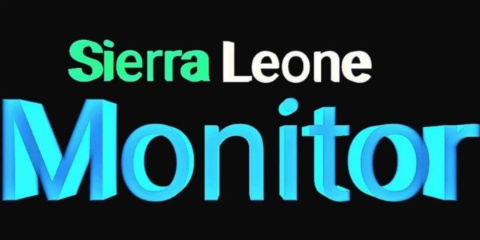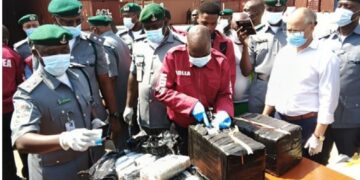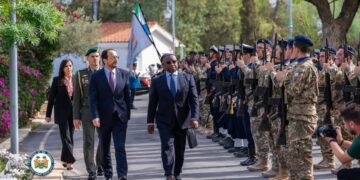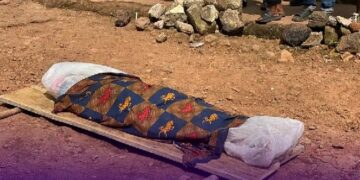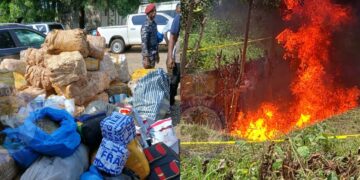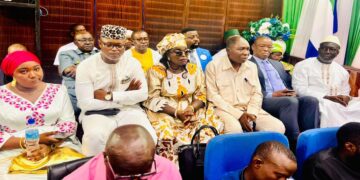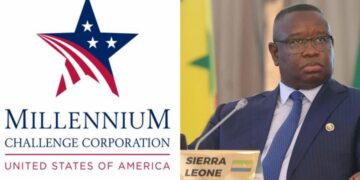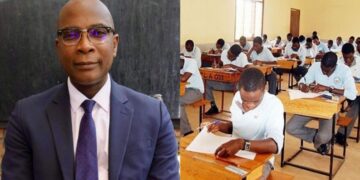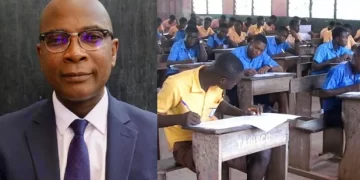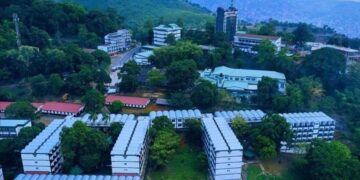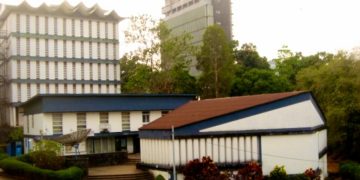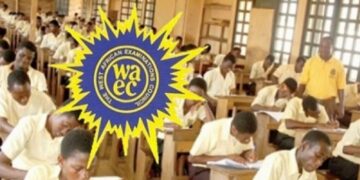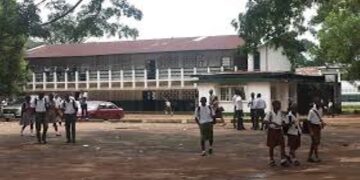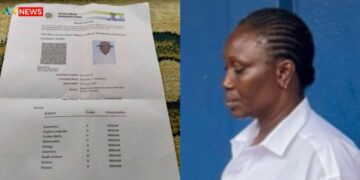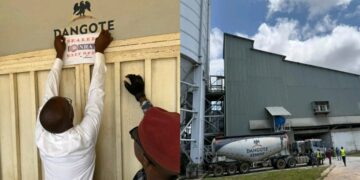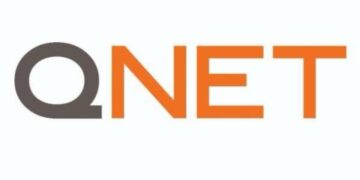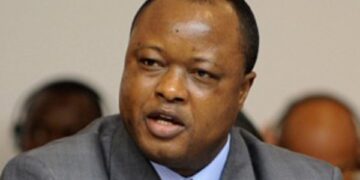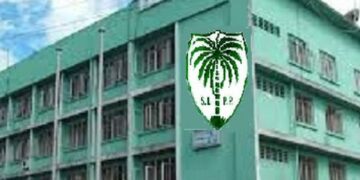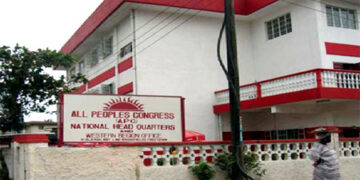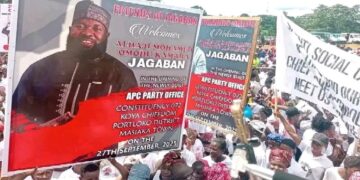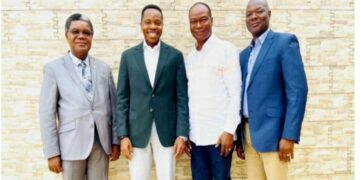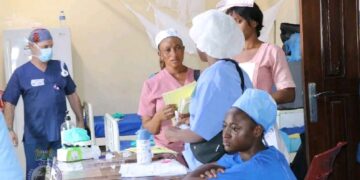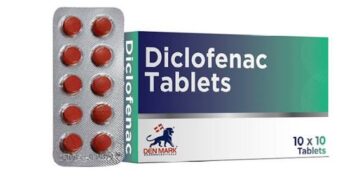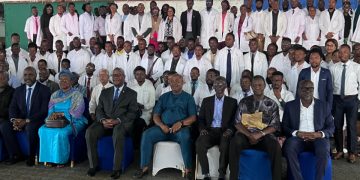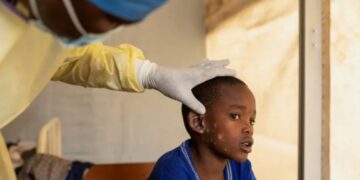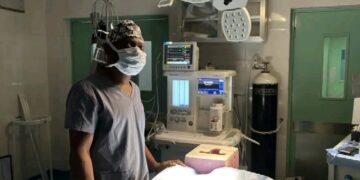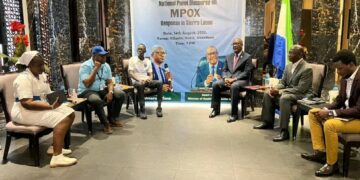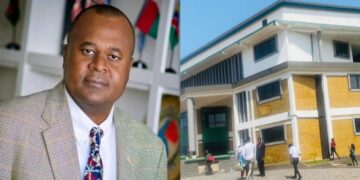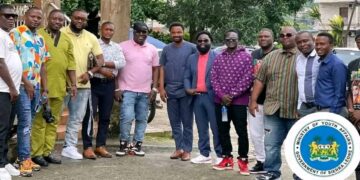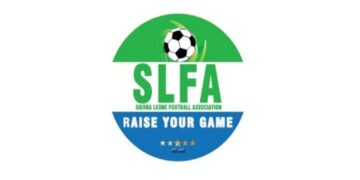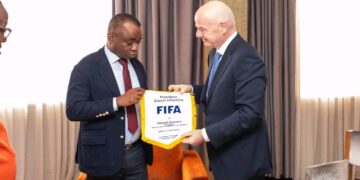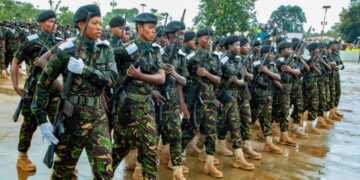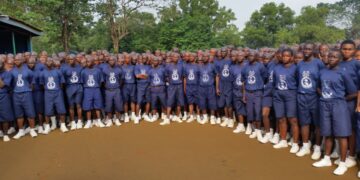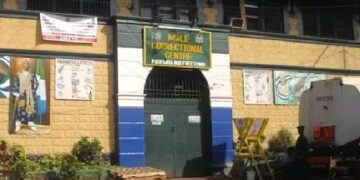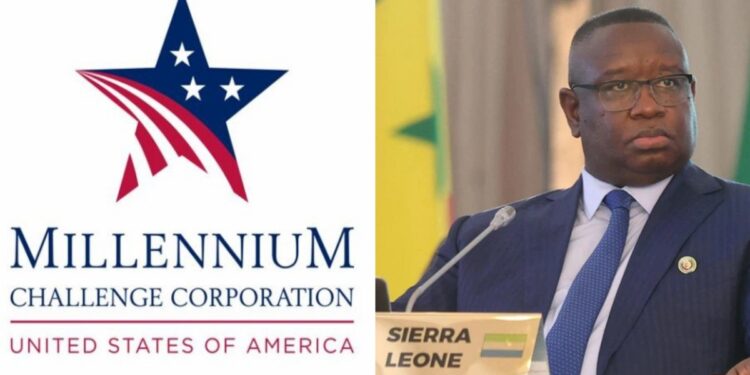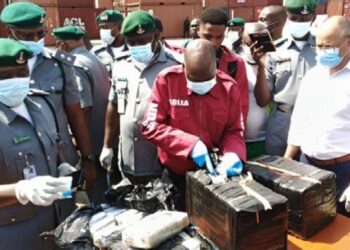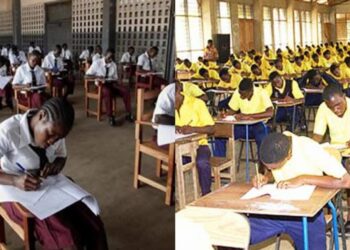Freetown, November 13, 2025 — Sierra Leone has once again faced a sobering assessment in the Millennium Challenge Corporation’s (MCC) Fiscal Year 2026 governance scorecard, failing 13 out of 22 performance indicators and passing only nine.
The report highlights an ongoing struggle to balance improvements in public service delivery with severe weaknesses in economic management, governance, and civil liberties.
The MCC scorecard, a key benchmark used by the United States government to assess a country’s eligibility for development assistance and compacts, evaluates national performance under four core pillars: Economic Freedom, Investing in People, Ruling Justly, and Personal Freedom. Each indicator measures progress in policy performance, governance standards, and institutional effectiveness, providing a broad snapshot of a nation’s commitment to good governance and sustainable development.
Economic Freedom: Warning Signs of a Fragile Economy
The report paints a grim picture of Sierra Leone’s economic standing. The country’s inflation rate—recorded at 28.4%—placed it in the 0th percentile globally, indicating one of the worst performances worldwide. This reflects continued pressure from high food prices, currency depreciation, and limited fiscal space.
Other critical indicators such as trade policy (58.0), regulatory quality (-0.64), and fiscal policy (-4.3) performed poorly, all ranking within the 11th percentile, underscoring structural economic fragility and a challenging business climate. Weak access to credit (score 30) and unclear land rights (50) further reveal the obstacles facing private sector development and foreign investment attraction.
Economists warn that such figures suggest an urgent need for monetary and fiscal reforms. Without meaningful changes to macroeconomic management and private sector regulation, Sierra Leone’s prospects for broad-based economic growth remain uncertain.
Investing in People: Gains in Health and Education
In contrast, Sierra Leone’s investments in human capital showed promising progress. The MCC data indicate that **health expenditure reached 6.3% of GDP (64th percentile)**, signaling the government’s commitment to strengthening healthcare access despite financial constraints.
Education outcomes were equally encouraging. Girls’ primary school completion rates stood at 94.1%, while immunization coverage reached 91%, both within the 71st percentile globally. These gains suggest that targeted government policies and donor-funded interventions in education and healthcare are beginning to yield tangible social dividends.
However, experts note that while these improvements are commendable, they remain fragile. Many rural areas still face shortages in trained teachers, medical professionals, and essential learning or health infrastructure, limiting the sustainability of progress.
Ruling Justly: Moderate Gains Amid Institutional Weakness
The governance pillar—Ruling Justly—showed a mixed picture. Sierra Leone passed the Control of Corruption and Accountability indicators, reflecting a measure of progress in transparency and institutional integrity. Yet, serious challenges persist. The Government Effectiveness and Rule of Law indicators both scored -0.6 (21st percentile), suggesting that public institutions still face capacity gaps and issues of political interference.
The Political Rights (32) and Civil Liberties (33) indicators further underscore these weaknesses, showing limited progress in democratic deepening. Analysts note that the combination of weak judicial independence, sporadic political intimidation, and limited civic participation continues to hinder Sierra Leone’s democratic consolidation.
Personal Freedom: Shrinking Civic Space
Perhaps the most concerning outcome came under the Personal Freedom pillar, where Sierra Leone failed all related indicators. While Freedom of Religion scored a relatively strong 60 (60th percentile), the country recorded only 33rd percentile rankings in Freedom of Assembly, Freedom of Speech, and Internet Access. These results suggest a shrinking civic space, with growing concerns about restrictions on journalists, online expression, and political activism.
Civil society organizations have called for urgent action to safeguard fundamental freedoms and strengthen independent media institutions, warning that continued backsliding could erode democratic trust and international credibility.
Overall Outlook: A Warning and a Call to Action
With a population of 8.6 million and a Gross National Income per capita of $840, Sierra Leone remains classified as a low-income country (≤ $2,155). The FY2026 MCC results reflect deep-seated structural and governance challenges that continue to hold back inclusive growth and foreign investment.
While the nation passed indicators in key areas such as health, education, and anti-corruption, the overall failure of 13 out of 22 indicators—particularly in the economic domain—serves as a warning sign. Analysts view the scorecard as both a diagnostic tool and a development roadmap, urging the government to prioritize economic stability, institutional reform, and political accountability.
As the country prepares for the next development cycle, experts stress that reversing these trends will require bold fiscal reforms, improved policy coherence, and stronger protections for civil liberties. The MCC scorecard, they note, should not merely be seen as an international assessment, but as a mirror reflecting Sierra Leone’s enduring struggle to build a transparent, prosperous, and equitable society.
